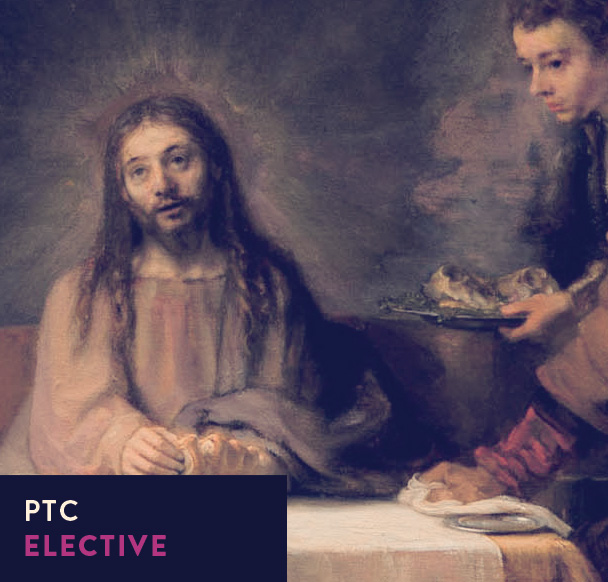Wisdom and Exile (Old Testament 4) focuses on those sections of the Old Testament devoted to the perennial questions and concerns of God’s people at any time. This includes books devoted to living well in God’s world (the Hebrew concept of ‘wisdom’), liturgical literature that helps us see how to bring our whole lives, both joyous and painful, before God, and finally the Old Testament works that explicitly look forward to the ‘end times’.

This unit focuses solely on John’s Gospel, examining its distinctive content and style. Through a close reading of the text, the distinctive features of John that are drawn out, include the concepts of ‘life’ and ‘discipleship’. Specifically, what does it mean to ‘live’ or ‘abide’ in Jesus, and what does being a disciple of Jesus actually require?



Prayer Book explores the liturgy of the Anglican churches, and especially the role of the Prayer Book in providing a structure for that liturgy. The subject has an historical aspect, tracing the development of the Prayer Book from the pre-Reformation form to its contemporary form and noting the political and cultural forces that informed this development. It also has a theological aspect, using theological concepts to explain why the Prayer Book has the precise form it does.


